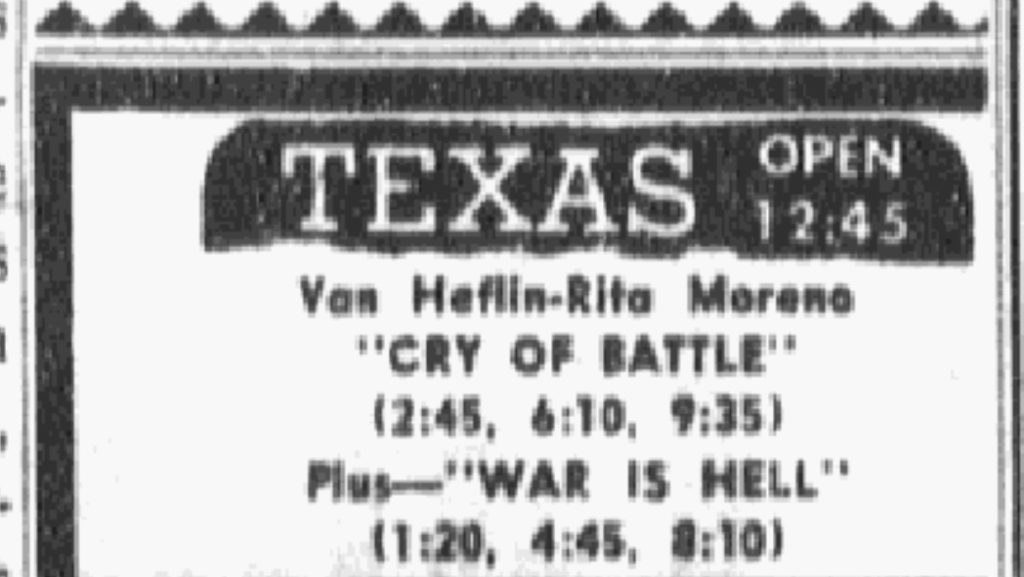We lost Ruth Paine this year on August 31. Ruth was a great lady, one of the few heroes and persons of kindness in the run-up and the aftermath of the JFK assassination. As Thomas Mallon has noted, we know so much about the moods, mind and appearances of Lee Harvey Oswald in the critical six weeks before the assassination because Oswald sometimes stayed at Ruth’s house, used Ruth’s typerwriter, and visited Ruth’s home the night before the assassination to retrieve something from her garage that she did not know was there: the rifle that Oswald used to kill JFK. All this was possible because Ruth befriended Oswald’s wife, Marina, who certainly needed friends. HIstory might have turned out differently if Marina had returned the favor to Ruth and told her all that she knew, including the existence of the rifle in Ruth Paine’s garage. This is my tribute to Ruth, who richly deserves it.
Podcast: Embed
